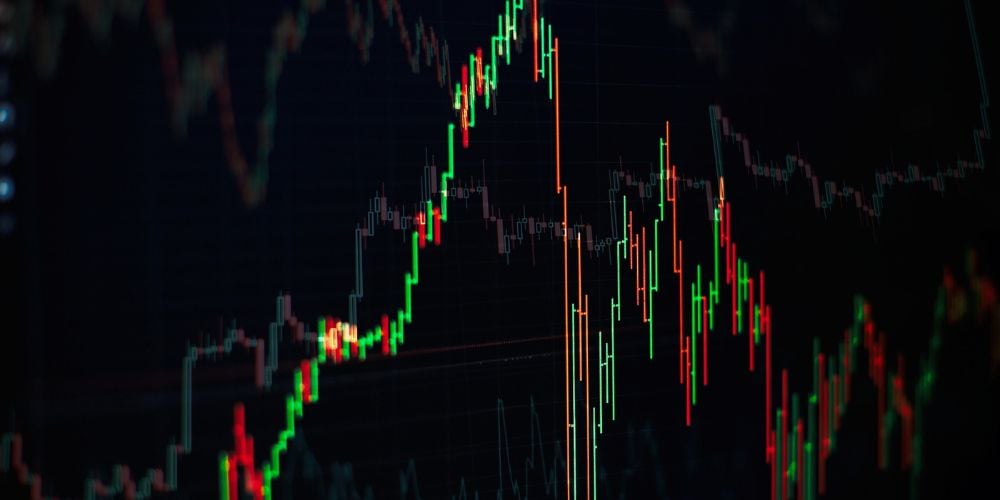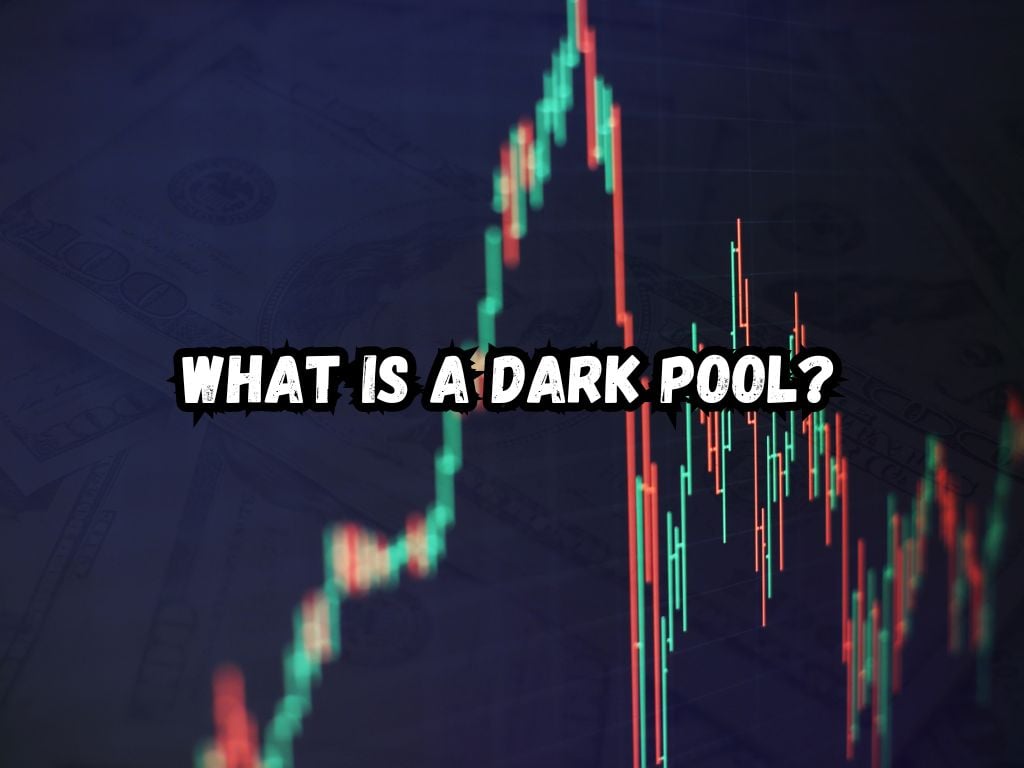Dark pools are private exchanges. They allow trading of securities not visible to the public eye. Unlike traditional exchanges, details of these trades remain secret until after they’re completed. Dark pools serve a critical function in the financial markets.
They provide an avenue for large institutional investors to trade large volumes of stocks without tipping off the market.
What Is a Dark Pool?
The core of dark pool operation lies in its ability to facilitate trades anonymously. When institutional investors want to buy or sell large quantities, doing so on a public exchange might affect the stock’s price.
Through dark pools, these investors can execute their trades without revealing their intentions to the market until the deal is done. This way, it sidesteps the significant price ripples that large trades can cause on public exchanges.
The Role of Institutional Investors in Dark Pools
Institutional investors, such as mutual funds, pension funds, and hedge funds, are the main users of dark pools. They prefer dark pools because these venues help them trade large volumes without affecting the market.
By keeping their trades hidden, they can avoid price movements that occur when the market learns of a large buy or sell order.

Differences Between Dark Pools and Public Exchanges
The key differences lie in visibility and impact. Public exchanges operate under strict regulatory oversight, ensuring that all trades are visible to investors.
Dark pools, however, allow for trading without immediate public disclosure. This secrecy is what distinguishes dark pools from their public counterparts.
Advantages of Dark Pools
One of the primary benefits is the minimized market impact. Traditionally, large trades on public exchanges can lead to significant price movements. Dark pools sidestep this by hiding the trade until it’s completed.
They also potentially offer price improvement, as the lack of immediate public disclosure can lead to better terms for both buyers and sellers.
Critiques and Controversies Around Dark Pools
Transparency concerns top the list of criticisms against dark pools. Critics argue that the lack of transparency can lead to unfair market conditions.
They worry that dark pools might enable market manipulation unseen by the public eye. Retail investors, in particular, express concern that they are at a disadvantage compared to institutional investors.
Dark Pools and Stock Prices
The impact on stock prices is a topic of much debate. Some suggest that by allowing large trades to occur without immediate price impact, dark pools can create a more stable market.
Others argue that the lack of transparency can lead to discrepancies in the publicly known price of stocks versus their actual worth.
Legal and Regulatory Aspects
Dark pools operate within a legal framework designed to balance their benefits against potential market risks.
Current regulations focus on ensuring that despite the lack of pre-trade transparency, post-trade reports maintain some degree of market integrity. However, the debate continues on whether these measures are enough.
Types of Dark Pools
Here is a detailed breakdown of the main types of dark pools:
Broker-Dealer Owned Dark Pools
These are operated by broker-dealer firms, the same entities that manage public trades on traditional exchanges.
They cater to their clients and allow them to trade directly against the firm’s proprietary trading desks and client order flows, providing liquidity and potential cost savings. Examples include Credit Suisse’s CrossFinder and Goldman Sachs‘ Sigma X.

Agency Broker or Agency Dark Pools: Agency Broker Dark Pools act as neutral facilitators for buy-side institutional clients that want to sell or buy large amounts of shares.
The most significant benefit offered by these pools is no conflict of interest since they don’t trade their accounts.
They merely match buy and sell orders from clients. An example of an agency broker dark pool is ITG’s POSIT.
Electronic Market Makers Dark Pools: These are non-bank entities that combine algorithmic trading strategies with high-speed trading capabilities.
Their purpose is to match client orders with their inventory, aiming for a small profit margin on a large number of trades. Getco’s and Knight Capital’s dark pools are examples of this type.
Exchange-Owned Dark Pools: Major exchanges own some dark pools, providing a place for their clients to conduct large-scale trades without moving costs.
These are commonly employed to avoid showing the hands to other players who use the exchange. Examples include BATS’ Direct Edge and NYSE’s Euronext.
Each type of dark pool operates slightly differently, catering to the various needs of institutional investors.
For instance, broker-dealer owned pools might offer reduced trading costs, while agency broker pools can promise no conflict of interest.
However, all serve the same fundamental purpose – offering a more private, less impactful way to execute large trades.
Getting to know the different types of dark pools can help investors better understand where their orders are going, the potential benefits, and the potential risks involved in trading within these venues.
Frequently Asked Questions
Who uses dark pools?
Large institutional investors primarily use dark pools for massive stock transactions.
Why do dark pools exist?
They were created to allow large investors to trade without influencing the market price significantly.
Are dark pools legal?
Yes, they operate within a legal framework, though they face ongoing scrutiny regarding market fairness.
How do dark pools affect the average investor?
The impact is indirect. While they allow large trades to occur without immediate market impact, concerns about transparency and fairness persist.
Conclusion
Dark pools play a significant role in the stock market. They offer a solution for large investors looking to trade significant volumes without causing market upheaval.
Their operation away from public eyes sparks debates on market fairness and transparency. As the market evolves, so too will the conversation around these hidden pools of liquidity.


 Tags:
Tags:










